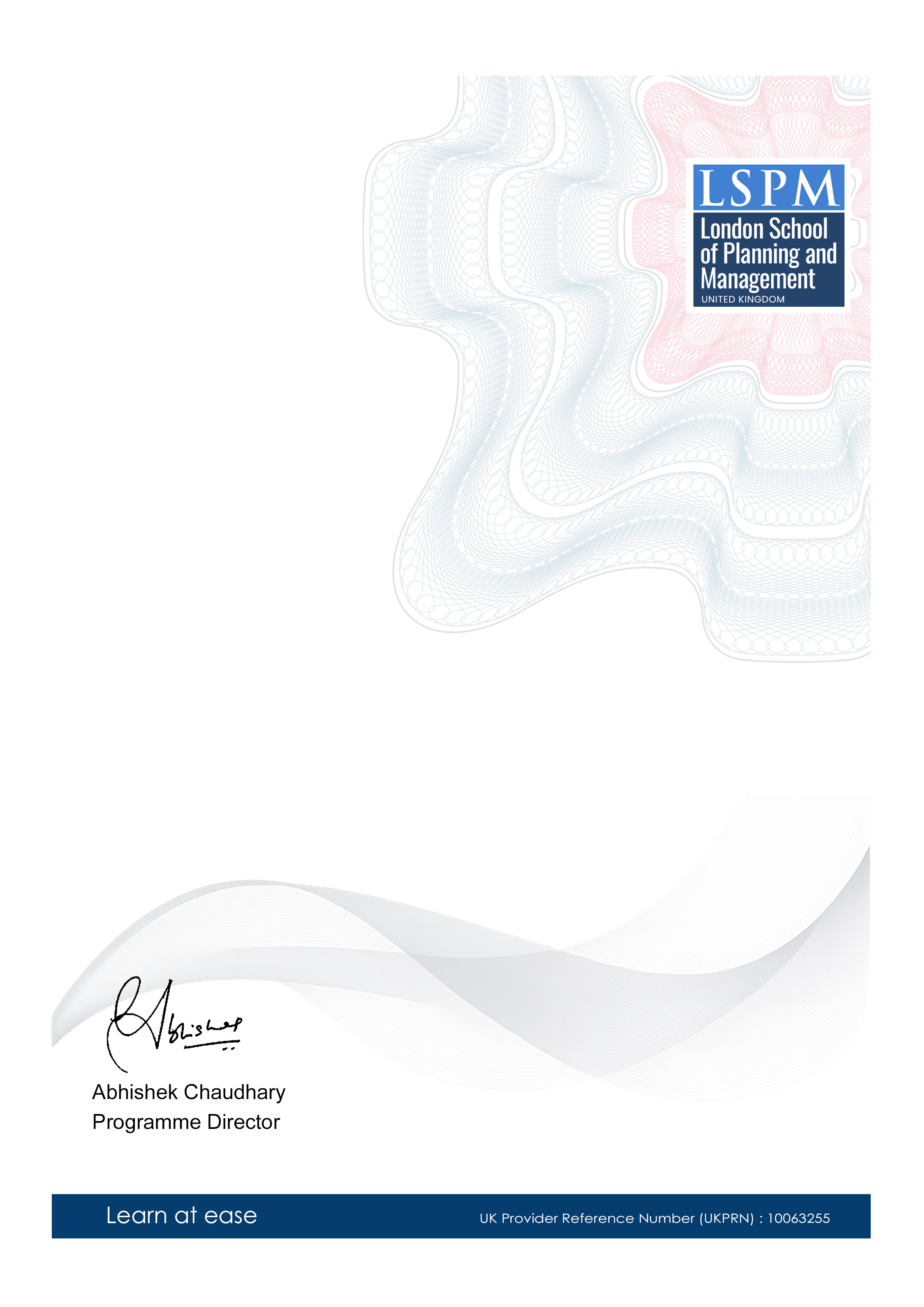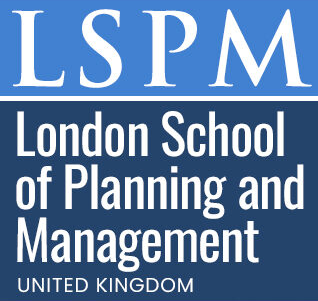Executive Certificate in School Crisis Management and Recovery
-- viewing nowThe Executive Certificate in School Crisis Management and Recovery is a comprehensive course designed to equip education professionals with the essential skills to manage and recover from crises. This program emphasizes the importance of crisis preparedness, response, and recovery in ensuring the safety and well-being of students, staff, and the wider school community.
5,297+
Students enrolled
GBP £ 149
GBP £ 215
Save 44% with our special offer
About this course
100% online
Learn from anywhere
Shareable certificate
Add to your LinkedIn profile
2 months to complete
at 2-3 hours a week
Start anytime
No waiting period
Course details
Here are the essential units for an Executive Certificate in School Crisis Management and Recovery:
• School Crisis Management Framework: An overview of crisis management and recovery principles, best practices, and legal considerations for schools. Emphasizes the importance of having a comprehensive crisis management plan, communication strategies, and resources for students, staff, and families.
• Threat Assessment and Risk Management: Techniques for identifying, assessing, and managing potential threats to school safety, such as violent behavior, bullying, and gang activity. Students will learn how to conduct threat assessments, develop intervention strategies, and collaborate with law enforcement and other community partners.
• Emergency Preparedness and Response: Procedures for preparing for and responding to emergencies, such as natural disasters, fires, bomb threats, and active shooter situations. Students will learn how to develop and implement emergency response plans, conduct drills and exercises, and coordinate with first responders and other stakeholders.
• Psychological First Aid and Trauma-Informed Care: Techniques for supporting the emotional and psychological needs of students, staff, and families in the aftermath of a crisis. Students will learn how to provide psychological first aid, identify signs of trauma, and implement trauma-informed care strategies.
• Restorative Practices and Healing: Approaches for promoting healing, reconciliation, and resilience in the aftermath of a crisis. Students will learn how to use restorative practices, such as circles, peacemaking, and victim-offender dialogues, to repair relationships and rebuild community trust.
• Media Relations and Public Communications: Strategies for communicating effectively with the media, parents, and the public during and after a crisis. Students will learn how to develop press releases, hold press conferences, and use social media to convey accurate and timely information.
• Ethics and Professional Responsibility: Ethical considerations for school crisis management and recovery, such as confidentiality, informed consent, and cultural competence. Students
Career path
Entry requirements
- Basic understanding of the subject matter
- Proficiency in English language
- Computer and internet access
- Basic computer skills
- Dedication to complete the course
No prior formal qualifications required. Course designed for accessibility.
Course status
This course provides practical knowledge and skills for professional development. It is:
- Not accredited by a recognized body
- Not regulated by an authorized institution
- Complementary to formal qualifications
You'll receive a certificate of completion upon successfully finishing the course.
Why people choose us for their career
Loading reviews...
Frequently Asked Questions
Course fee
- 3-4 hours per week
- Early certificate delivery
- Open enrollment - start anytime
- 2-3 hours per week
- Regular certificate delivery
- Open enrollment - start anytime
- Full course access
- Digital certificate
- Course materials
Get course information
Earn a career certificate

